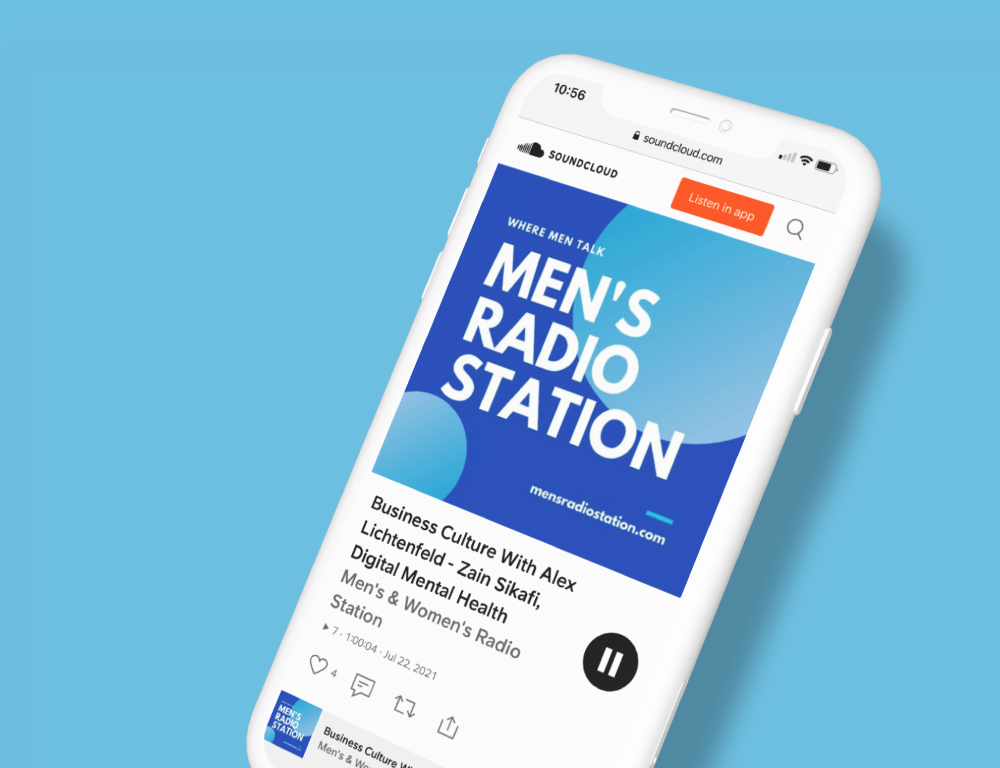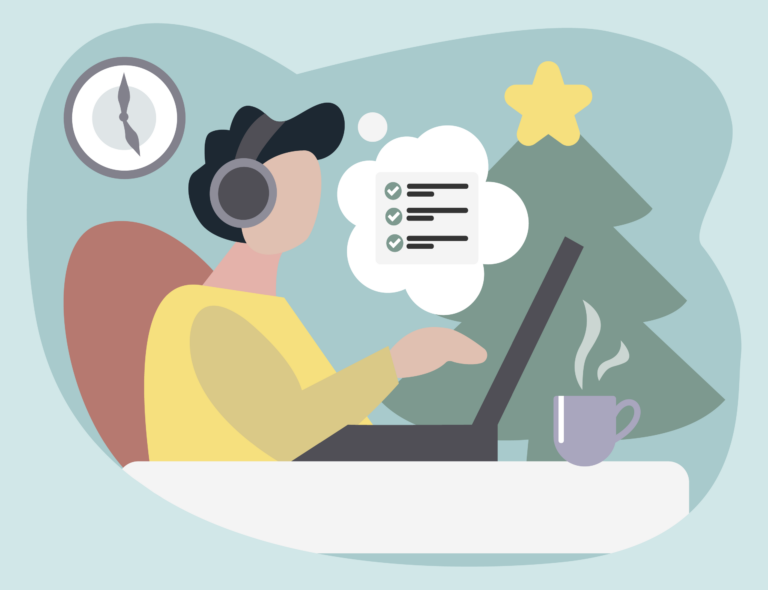Mynurva’s Co-Founder and CEO, Dr Zain Sikafi was delighted to be invited by Men’s Radio Station to join host, Alex Lichtenfeld on her Business Culture show to discuss the taboo and stigma surrounding mental health and the solutions available to anyone seeking help.
So Zain, tell us a bit about your background and your route into medicine?
My parents are Iraqi but I was born here in England and I grew up in West London. I studied medicine at Imperial College London, completed my GP training to become a GP, which is wonderful, but somehow I also managed to pursue my passion which is to try to transform things in healthcare through digital health.
It wasn’t until I got a scholarship and moved to an independent school during my A Levels that I started to do well academically. I remember saying to my deputy head, “I really want to make a difference to people and I think I can do alright in my A Levels. I’m thinking of applying to university, not medical school as it will be easier to get in,” and he said, “Zain, you have no idea what you are capable of”. And literally, that was all I needed to hear, that someone believed in me. I always believed in myself but he made me feel that it wasn’t just possible, but it was probable if I put in the work.
You said you wanted to make a difference but how did you know medicine was the right route for you?
Alongside medicine, I did a business degree at Imperial’s Business School which was geared towards healthcare because they wanted doctors to think about transformation in health systems, information systems, health economics and public health.
At the end of med school, I got married – my wife’s a GP as well – and spent two years’ foundation training as a junior doctor. We were sent to Peterborough, which is where I realised I never wanted to work in a hospital! I got involved in quality improvement projects but I realised how hard it was to do anything from inside the NHS because of the organisation culture.
The NHS is amazing for treating all patients the same whether you’re in Sunderland, Glasgow, Kensington or Chelsea, the standard, quality and access to care is pretty much the same wherever you are. The clinical frontline culture is to be there and get the job done, you don’t clock off at 5pm, patients come first. And that’s how it should be. But I realised that if I wanted to make impactful change I needed to have one foot outside of the NHS so I could do what I wanted to do rather than waiting for it to happen.
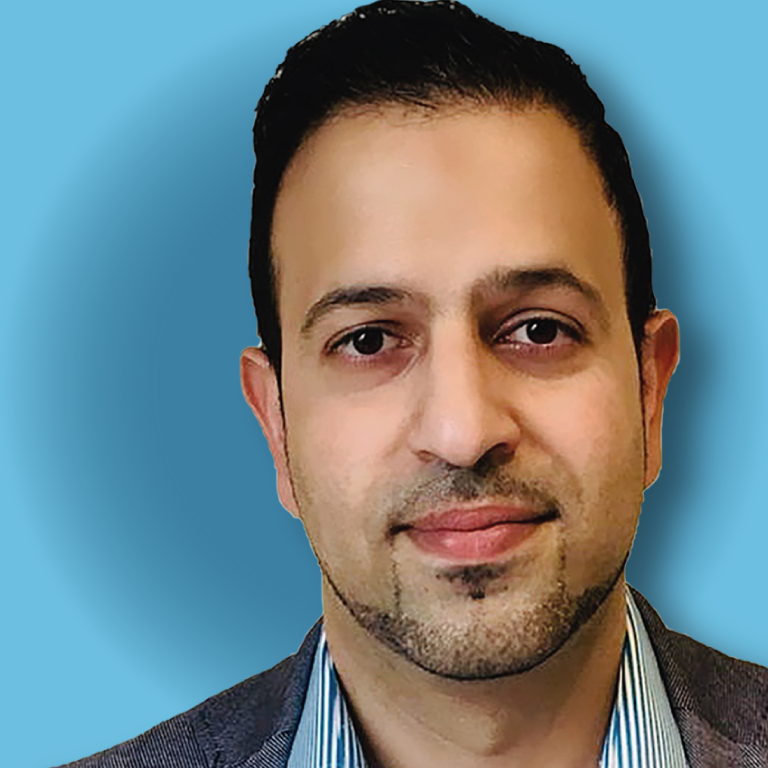
I did a Masters in public health at the London School of Hygiene and Tropical Medicine (which is currently playing a pivotal role in the battle against the Covid pandemic) with a focus on analytical modelling which helped me understand how I could use AI (artificial intelligence) to help with healthcare. I completed my GP training and got involved in technology and startups with the Royal College of GPs, was elected by my peers as London AiT Chair and got them to start thinking about entrepreneurship and digital health, and made it a core part of what the College was doing. To be chosen by my peers was a really proud moment and to have impactful change was brilliant.
You’re also an entrepreneur and have been involved in several tech startups?
In 2013, I launched my first startup – Doctoori – providing UK quality health information in different languages.
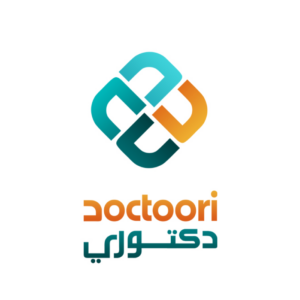
It’s still running but it led me into my second startup, Your.MD – where I was approached to utilise my skills and algorithms to help build a chat-based app where the ‘person’ on the end is a chatbot asking questions around your health issue and replying with intelligent health information. It’s bridging the gap between medicine and AI and is used by 2m people a month.
Having a startup is quite scary so would you say you have to be comfortable with being uncomfortable as it could fail?
Yes, absolutely. It’s difficult but I’m very lucky that with Mynuva I have a fantastic co-founder in Rachel Cornish, someone I’ve worked with for a long time on different projects. It’s so important you have someone you trust and get along with and share the same values with so you have that unwavering support.
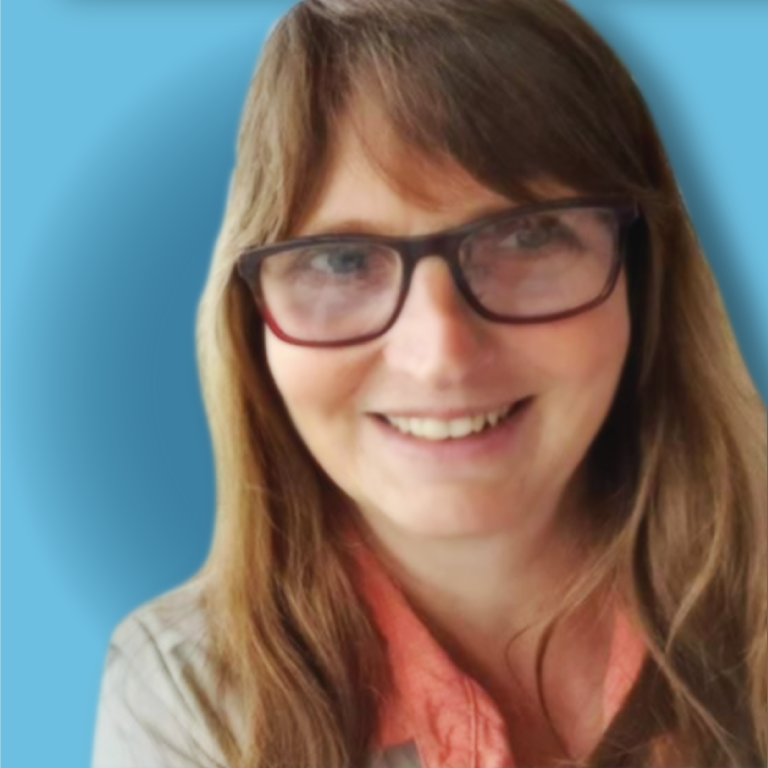
The NHS does an incredible job, but the backlog for getting NHS counselling is huge. Was that the reason for setting up Mynurva?
Rachel and I started Mynurva because of the waiting times for psychotherapies due to the lack of services available. The Thriving for Work report was very clear – the cost of mental health to the UK economy is £99bn per year with 50% of the adult working population affected so it’s really serious and the global impact is a trillion dollars a year according to WHO. So we built a live video platform that enables anyone to see one of our therapists from anywhere, anytime. We’re the only UK service available from 8am to 10pm, 7 days a week, so you can access our support from your car, the tube, your bedroom, anywhere. You don’t have to worry about leaving work to get to your next session.
We’ve just finished an NHS pilot with a primary care service in Cornwall where the wait time for therapy when we started was six months and now, from GP referral, you can see one of our team within 48 hours. If you’re anxious, depressed or your relationship is falling apart or you’re stressed at work and at risk of losing your job it’s going so badly, imagine the consequences of waiting six months. 50% of the adult population are dealing with this. That needs to be transformed.
Without employees, there is no business so it’s critical employers offer proper support. A lack of mental health support is what’s stopping employees from being productive, not the mental health condition itself. The sheer scale of the problem speaks for itself. It’s about productivity it’s about ‘can we reduce time spent on sick leave, absenteeism, presenteeism, improve productivity’ – and the answer is yes, absolutely we can.
EAPs (Employee Assistance Programmes) are often just a helpline with a limited number of sessions so the utilisation rate can be as low as 1 or 2%. Money is being spent but employees aren’t taking advantage of it because it doesn’t really help. Employers should be providing decent wellbeing solutions as the NHS simply can’t supply this kind of service and that’s where Mynurva can help.
I don’t think the stigma (of asking for help) will go away in the workplace as employees will always worry that asking for mental health support will affect their career progression. That’s why we have anonymity built into our system; our system can be accessed and utilised and employers will never know as nothing personal is recorded.
Mynurva supports many businesses, universities and charities to provide our mental and wellbeing services to employees, students and veterans free of charge to the end-user.
We provide fast access to psychological therapy using live video similar to Zoom, MS Teams or FaceTime but our own encrypted, discreet, secure system. You don’t download anything, you just click a link.
We also have digital resources available via the platform which are accessible in between appointments. Users get their own dashboard and resources are curated by the therapist for use between sessions to help people get better. It’s a case of rewiring the brain.
We’ve seen an increase in demand for what we’re doing since the pandemic started, an increase in awareness of the need for mental health solutions but there’s still some way to go. That’s the next stage of what we’re doing. There’s work still to be done in convincing the NHS, insurers and EAPs that this kind of solution is not just for the future, it’s now, although we are having so much traction and growth it’s brilliant.
Are Mynurva counsellors vetted?
We interview every single person and include a member of the senior management team in that process. We monitor and take a satisfaction score of our users. We have regular feedback sessions where supervisors go through therapists caseloads with them and offer guidance to improve, and it’s a two-way thing.
So what’s next for Mynurva?
It’s an exciting time. Our Messenger service has just launched to enable people to contact someone from the Mynurva team on WhatsApp where you can reach out for help and get a dedicated message back from a trained person.
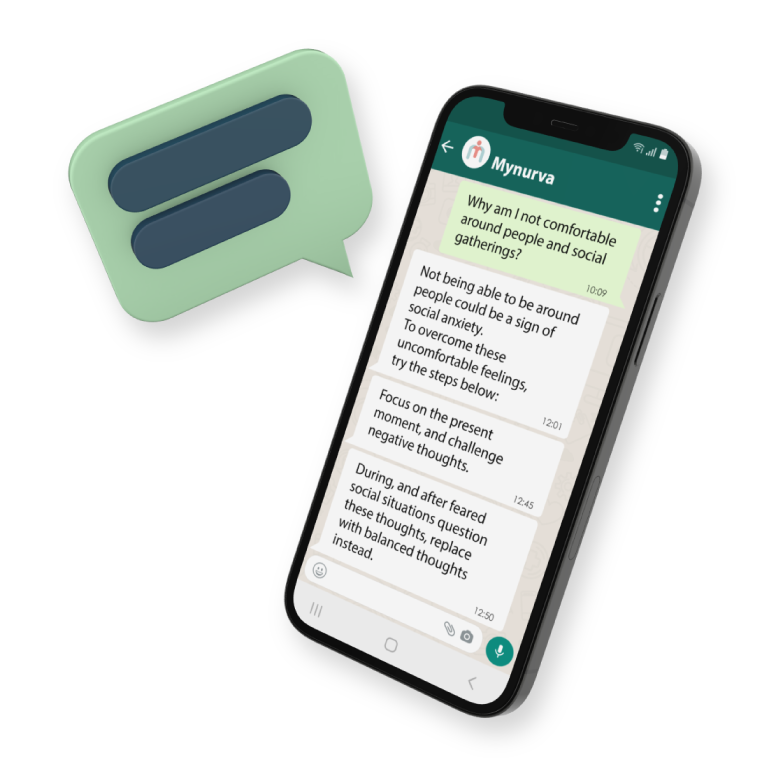
You might just need to get some immediate advice. It’s a subscription service and we plan to expand that maybe into Telegram or FB Messenger.
We would love to work with more people – businesses, charities and universities – so if anyone wants to talk to us about how Mynurva might help them or solve a problem, or provide support for their staff, students or themselves, do reach out to us. Search for Zain Sikafi on LinkedIn, visit our website www.mynurva.com or email us at contact@mynurva.com – we’d love to hear from you.
Our thanks to Men’s Radio and Alex Lichtenfeld for inviting us to be part of the Business Culture show.

